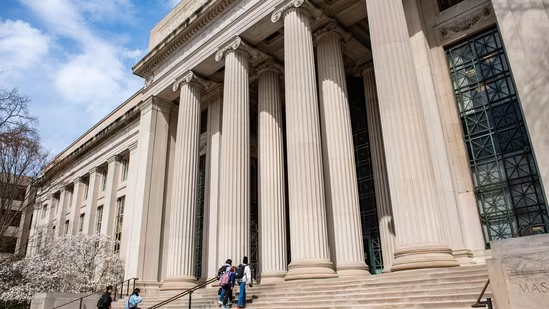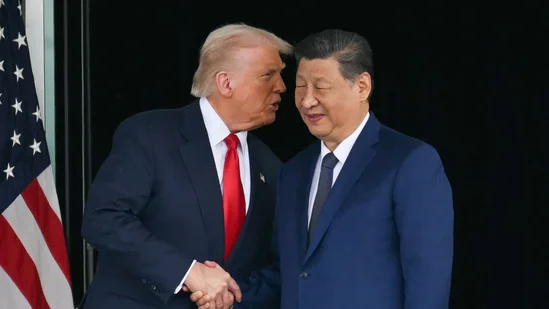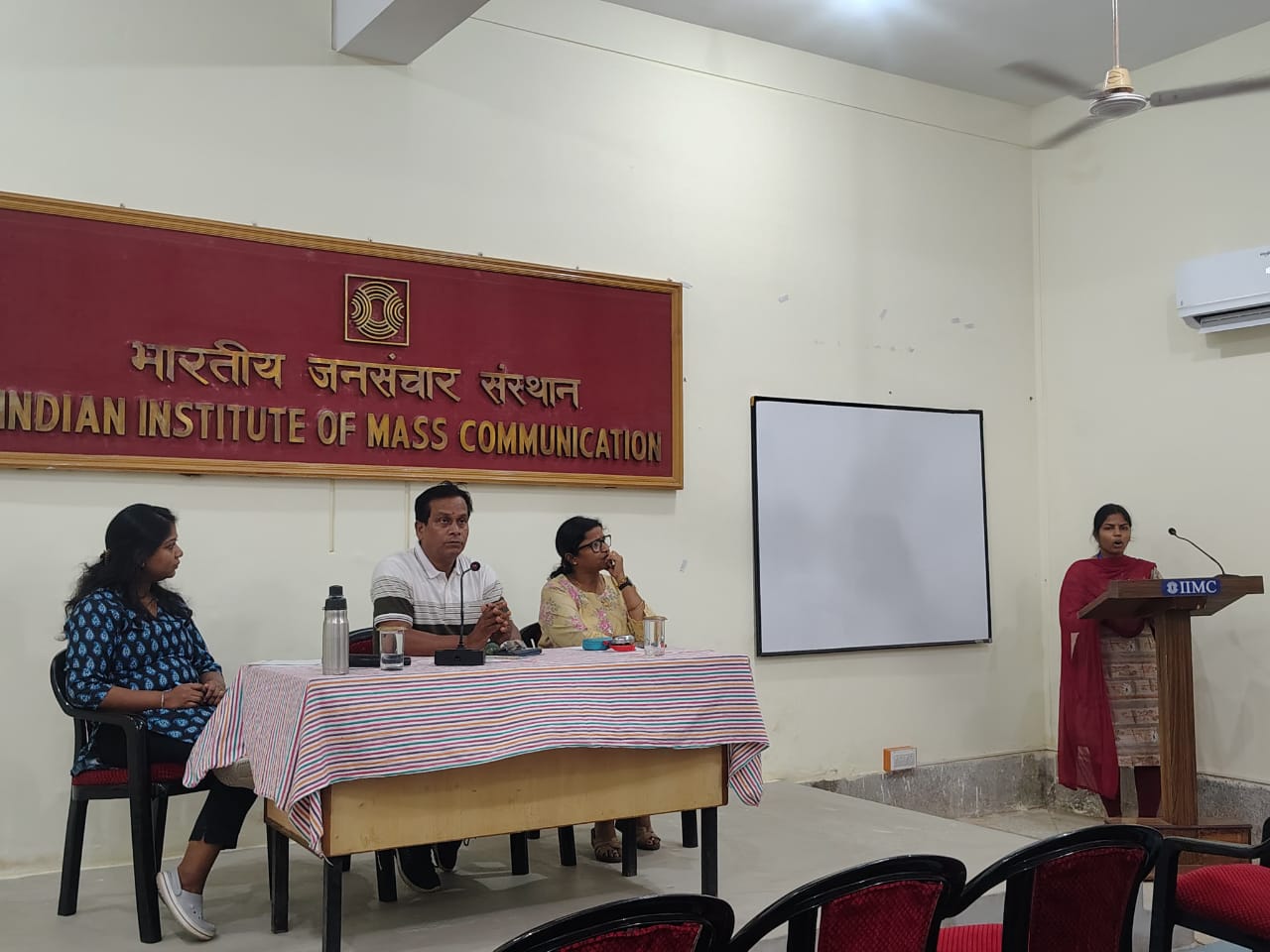In a sweeping policy change set to take effect Thursday, the US Department of Homeland Security (DHS) has ended automatic extensions of Employment Authorisation Documents (EADs), a move expected to leave thousands of Indian professionals and their dependents without the legal right to work if their permit renewals are delayed.
The new rule eliminates the previous 540-day grace period that allowed non-US citizens to continue working while awaiting renewal approval. Under the revised system, employment must stop immediately once a current EAD expires, unless a renewal is already approved.
“Aliens who file to renew their EAD on or after October 30, 2025, will no longer receive an automatic extension,” DHS stated, describing the change as part of efforts to “enhance vetting and national security.”
The change disproportionately impacts Indian nationals—many of whom are H-1B visa holders, H-4 spouses, or students on OPT extensions—who already face lengthy visa and green card backlogs. Immigration experts warn of widespread job losses, particularly in tech, healthcare, and research sectors where Indian talent plays a vital role.
“This rule represents a major shift in how employment authorisation renewals are handled,” said Henry Lindpere, senior counsel for immigration law at Manifest Law. “Almost everyone will lose work authorisation if their renewal isn’t approved before their current card expires.”
Processing delays at the US Citizenship and Immigration Services (USCIS), which can stretch up to a year, mean many could face sudden job disruptions. “Even one day of delay could cost them their legal ability to work,” said an immigration consultant based in New Jersey.
DHS and USCIS defended the policy as a “national security” measure. “Working in the United States is a privilege, not a right,” said USCIS Director Joseph Edlow, citing a renewed focus on “robust alien screening and vetting.”
Exceptions will apply only to Temporary Protected Status (TPS) holders or those specifically exempted by law. While USCIS recommends filing renewal applications 180 days before expiry, attorneys warn even early applicants may not be spared delays.
For the hundreds of thousands of Indians navigating America’s complex immigration system, the rule adds another layer of uncertainty—potentially forcing many to pause or abandon their American careers.





